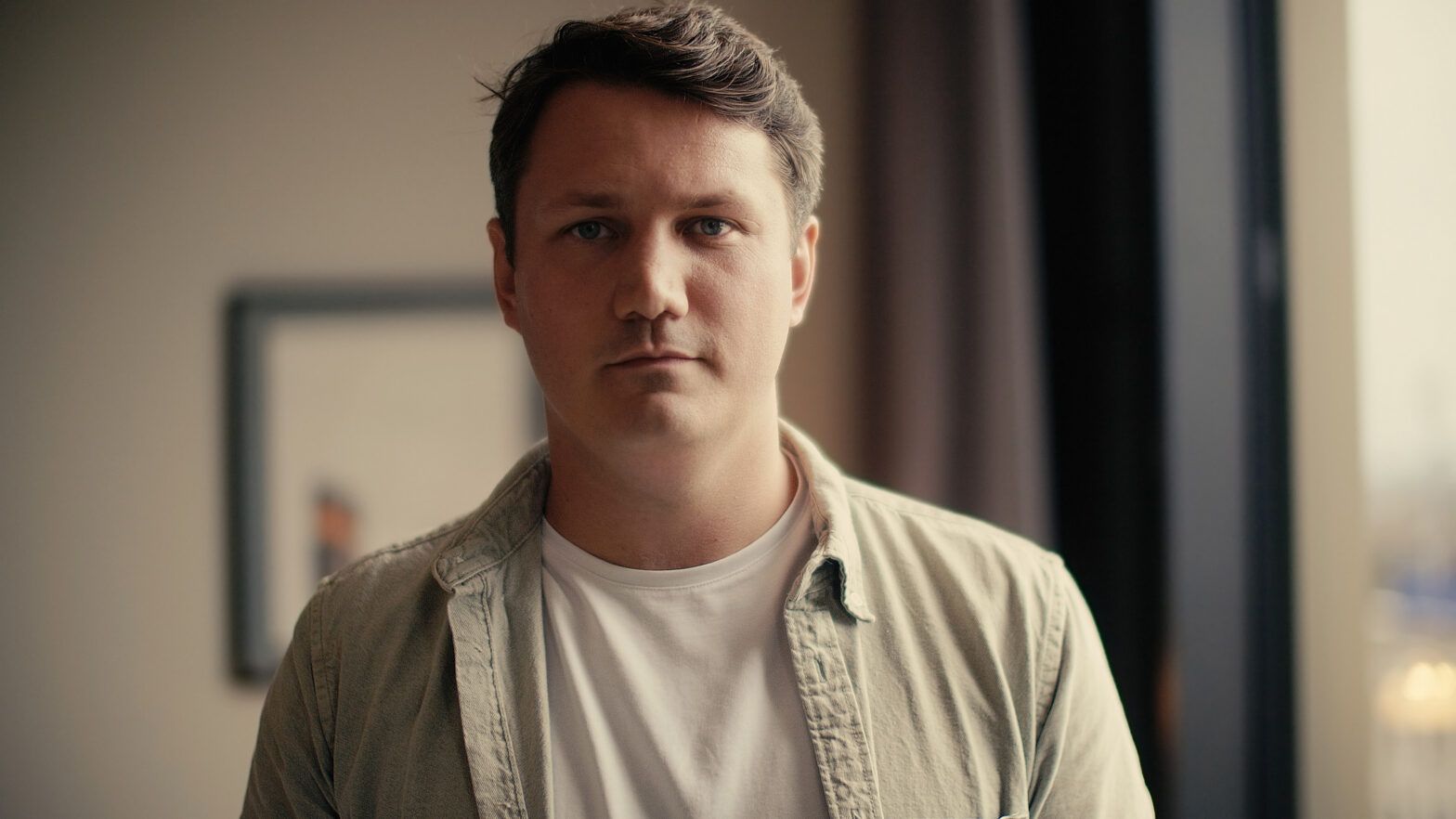With more engagement with ESG from retail investors, the investment platform space is buoyant with apps and innovation designed at increasing accessibility to ESG investments.
One such fintech platform in the UK is Darksquare Capital, which allows investors access to alternative asset classes such as woodlands, wind farms, carbon capture and sustainable real estate.
ESG Clarity caught up with co-founder Daniel Harman to talk about the direction of travel for ESG investing, areas for growth and what he’s hearing from customers.
Which ESG investments on your platform are most popular?
We’re seeing the most demand for renewable energy projects at the moment, such as wind and solar farms. These are particularly popular because the benefits to the environment are clear, and so are the potential financial gains, particularly with energy prices where they are right now.
Forestry is a close second, it’s low-risk, low-maintenance and the benefits to the environment are tangible. For newly planted forests, investors can also benefit from selling carbon credits.
Aside from that we have a lot of customers who are unsure about what specific products they’d like to see. Because these products are difficult to access there’s less understanding around them from retail investors.
Our main goal as a company is to find and vet interesting, high-yielding ESG investments for our customers.
What appetite for ESG/sustainable investments are you seeing from retail investors?
Appetite for investing in general is on the rise among retail investors, but even more so in the ESG space, particularly for environmentally friendly projects.
The ‘S’ in ESG is often overlooked, with most of the attention going to the environmental section. One of our first live investment products is going to be a partner project with another UK fintech that provides consumer loans to those who struggle to access traditional financing. We’ve seen strong demand from our customers for these types of niche, higher-yielding products, and we’re excited about putting up similar deals in future.
What do you think are the causes for this interest?
Supporting ESG causes has generally been seen as a cost for the most part, for example, paying more for flights to offset carbon emissions, paying more for food because it’s sustainable/organic etc.
But our angle is that you don’t have to lose money to promote ESG friendly initiatives. Many of these ESG-friendly investments are low risk and profitable – forestry has returned on average more than 18% annually over the past 15 years, renewable energy sources benefit from electricity sales for relatively little cost once constructed, particularly at the moment where electricity prices are high.
Investors get that ‘win-win’ of benefitting financially while protecting the planet (or other causes) at the same time.
Investing is also more popular among younger generations than it was in the past, who I think are more environmentally and socially conscious. In fact, 89% of people we survey aged 30 and under plan to invest in more ESG.
Where would you like to see more options for ESG investments?
Despite their popularity among investors, renewable energy projects are relatively rare in the UK, held up by red tape and planning permission restrictions. New wind farms in particular are borderline impossible to get approved and even solar projects struggle and often get rejected even though they usually can’t be seen from ground level. It’s a shame really, Scotland is Europe’s windiest countries and has one of the lowest population densities, both comparative advantages which we’re letting slip away.
Carbon capture projects are going to be interesting investment opportunities, especially after being mentioned in the UK government’s latest budget. We’d love to see private investors get a chance to access these projects.








